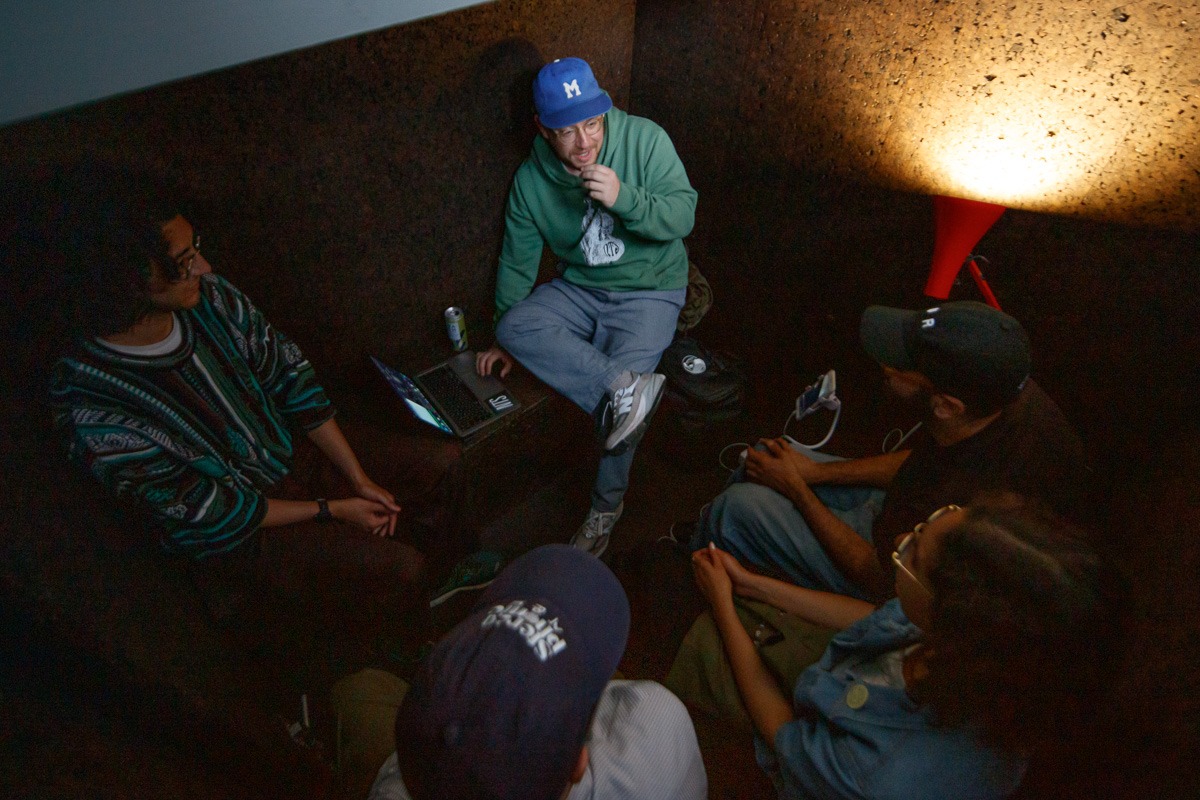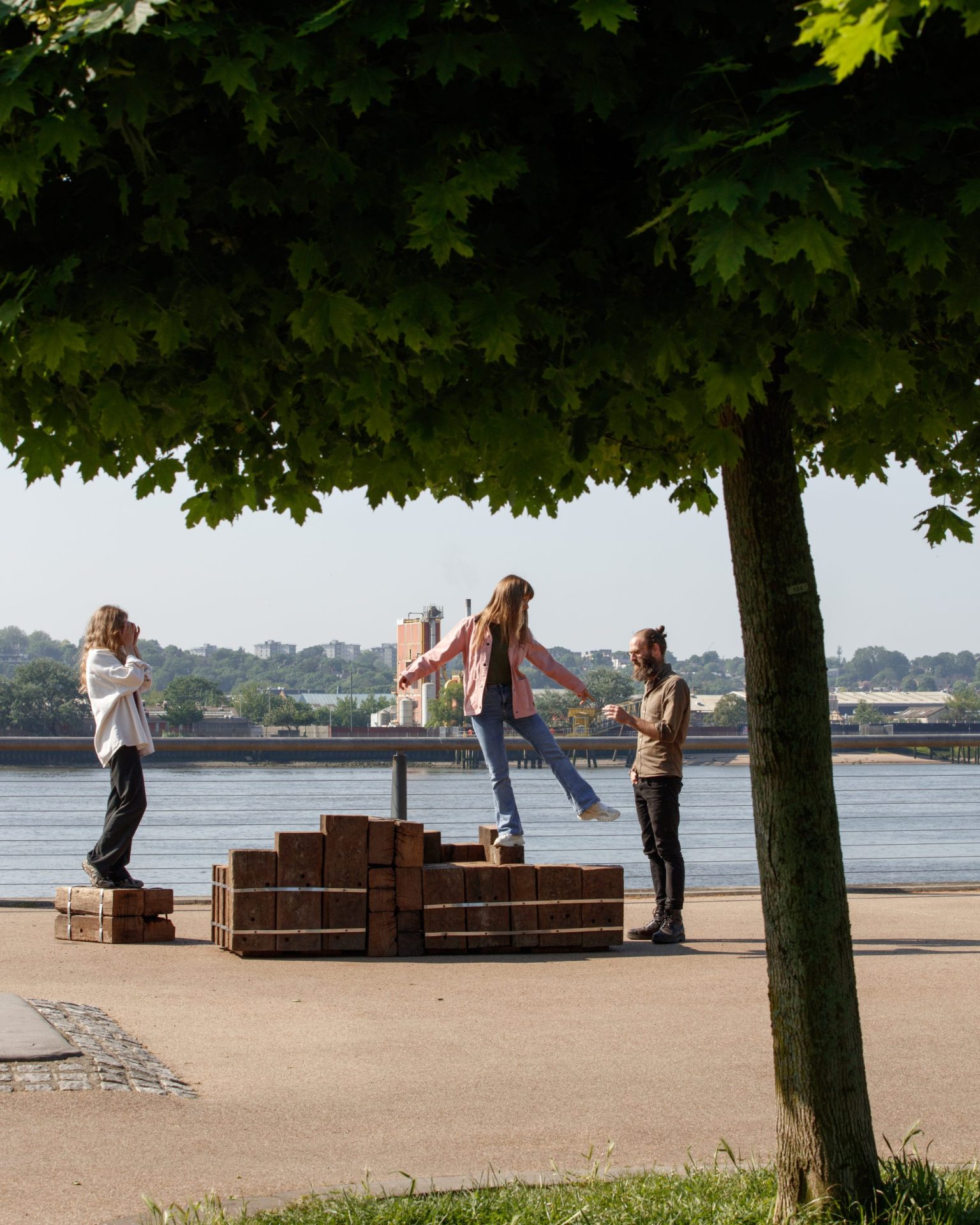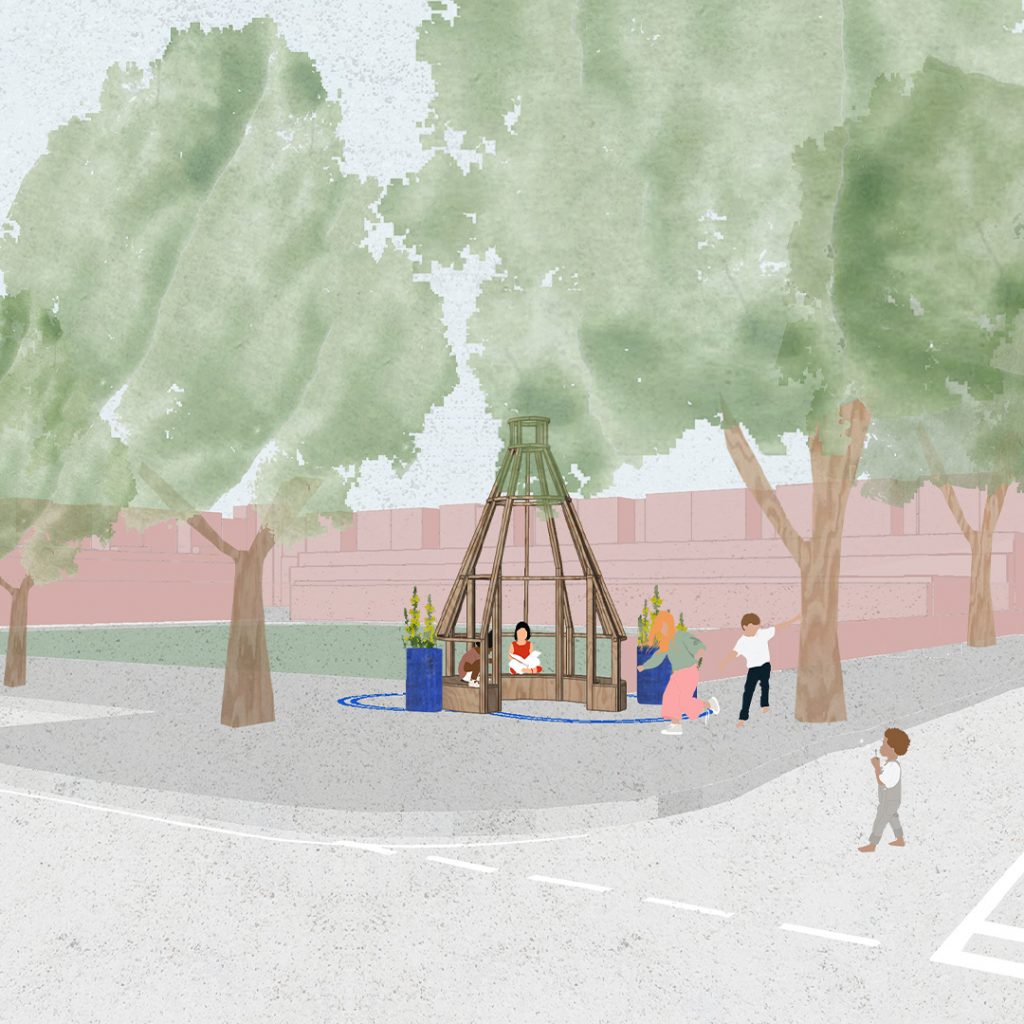- Charles Holland is an architect and lecturer who was one of the leading partners of the seminal collective FAT (Fashion, Architecture, Taste). In this essay, Charles shares his thoughts on our our 2019 theme of boundaries.

My former practice Fat was known as a cross-disciplinary practice, meaning that we worked across the boundaries of architecture, art and design. The urge to transcend categories and dissolve boundaries reflected an institutional critique of architecture, an idea that it had become closed, hermetic and disconnected from wider culture. There was also a sense that discrete disciplines represented a form of privilege in themselves and that maintaining them also propped up certain forms of social and cultural vested interest.
Today, when architects are increasingly marginalised from the processes that shape the built environment and when – infamously – society has become suspicious of ‘experts’, such an internal critique seems less pressing. The body of knowledge and the specific skills that architects bring appear to me to be underused but absolutely vital. Once we laughed at the protection of title and celebrated projects called The Death of the Architect. Now I feel that a post-structuralist deconstruction of institutional privilege feels suspiciously like a hollow victory.
How can one respect disciplinary boundaries and yet avoid conservative re-trenchment? I don’t wish to swing the pendulum back to a form of cosy establishment. But architects have become perhaps too comfortable writing their own obituaries. In architecture school we often encourage a level of ambition that extends way beyond anything an architect might genuinely hope to influence. And we encourage the trying on of roles: politician, planner, fiction writer, outer space explorer.
The writer and teacher Mark Cousins once labelled architecture as a ‘weak discipline’ meaning that it frequently looks outside itself for ideas. It sometimes defines itself through an appropriation of what it is not. But right now it feels important to try once again to define what architecture is and what it is important about that. Disciplinary boundaries can be a trap. But they are also ways to hold onto forms of knowledge and protect things that we value. Whilst being alert to privilege and alive to possibility, we should also reassert forms of knowledge that no one else brings. Viva architecture!







